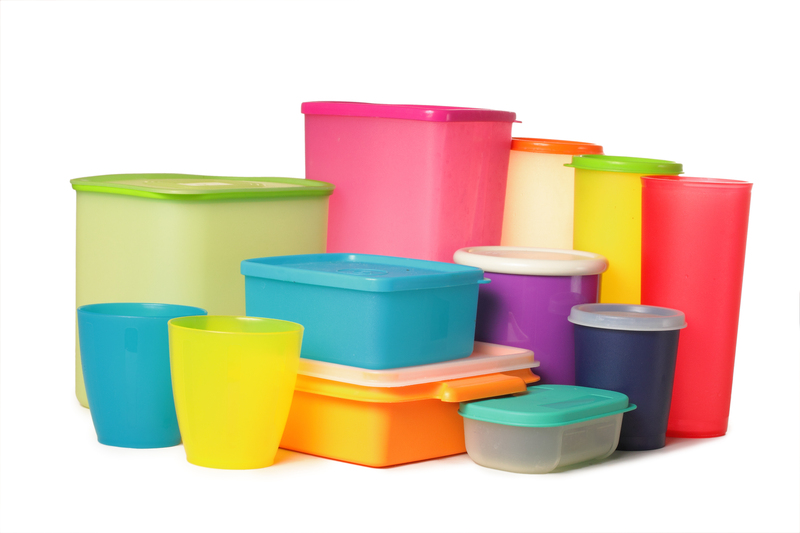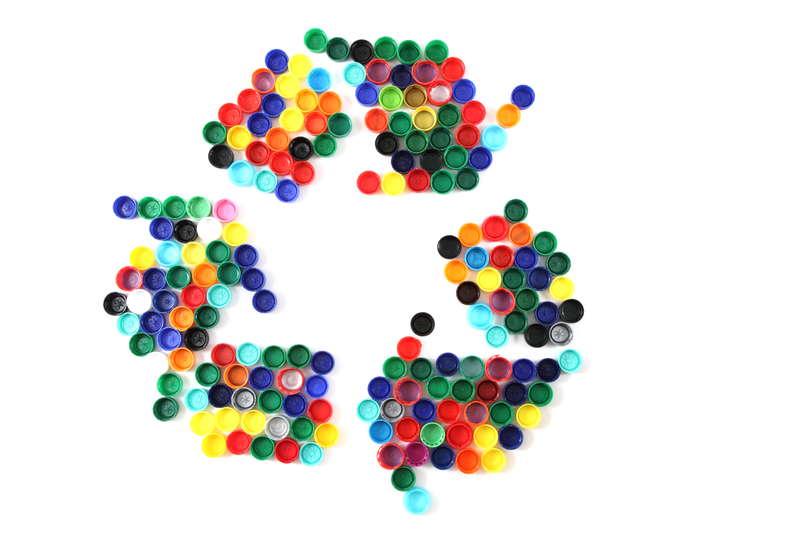Sweeping Away Danger: Why We Must Remove Debris from Outer Space
Posted on 03/01/2025
Space, the final frontier. It has captivated the human imagination for centuries and has been the subject of countless stories, movies, and dreams. But while our fascination with space is ever-growing, so is the amount of debris floating in it. From old satellites and rocket fragments to small pieces of debris that can cause catastrophic damage, space junk poses a serious threat to our future exploration of the cosmos. In this article, we'll delve into the dangers of space debris and why it's crucial that we start cleaning up our act.
The Dangers of Space Debris
Did you know that there are over 128 million pieces of debris larger than 1 millimeter orbiting the Earth? And these are just the ones that we can track. Imagine how many more pieces there could be that we are unaware of. This may seem like a large number, but it's actually just scratching the surface. These pieces of debris travel at incredibly high speeds and can cause significant damage if they collide with a spacecraft or satellite.
One example of such a collision occurred in 2009 when an active US satellite collided with an inactive Russian satellite, creating thousands of new pieces of debris. And this is not an isolated incident; collisions between space objects happen frequently, creating more and more debris in orbit. These collisions not only pose a threat to functioning spacecraft and satellites but also to astronauts on spacewalks who could potentially be struck by a tiny piece of debris traveling at high speeds.
Furthermore, as our dependence on satellites for communication, navigation, and weather forecasting continues to grow, the risk posed by space debris becomes even more significant. A single collision could potentially knock out multiple satellites and disrupt essential services that we rely on daily.

The Need for Clean-Up Efforts
The issue of space debris cannot be ignored any longer. We must take action now before it escalates into a much larger problem. The first step towards addressing this issue is prevention. Companies and governments need to implement stricter regulations on the disposal of space objects. This could include deorbiting obsolete satellites, which would bring them back into Earth's atmosphere where they would burn up harmlessly.
However, prevention alone is not enough. We also need to actively remove existing debris from orbit. This can be achieved through various methods such as nets, harpoons, and even lasers that can target and capture pieces of debris. Although these methods may seem far-fetched, several companies and organizations have started developing technology to make them a reality.
Benefits of Removing Space Debris
The benefits of removing space debris are numerous. First and foremost, it will ensure the safety of our current and future space endeavors. By reducing the amount of debris in orbit, we decrease the risk of collisions which can cause costly damage to satellites and spacecraft. It will also reduce the threat posed to astronauts on spacewalks by eliminating some potential hazards.
Additionally, removing space debris will help protect our planet from dangerous impacts. Large pieces of debris entering Earth's atmosphere can potentially cause significant damage upon impact. By actively cleaning up this debris, we are helping to safeguard our planet from potential disasters.
However, perhaps the most significant benefit of cleaning up space debris is that it will allow us to continue exploring and understanding our universe. With less clutter in orbit, we'll have a clearer view of outer space and fewer obstacles in sending spacecraft further into deep space.
Cons of Removing Space Debris
While there are undoubtedly many pros to implementing clean-up efforts for space debris, there are also some cons to consider. Some experts argue that removing debris from orbit could potentially create more debris due to the technologies used for removal. There is also the issue of who would be responsible for funding and executing these clean-up efforts.
Tips for Reducing Space Debris
As individuals, there are also actions we can take to help reduce space debris. Recycling and properly disposing of waste can help decrease the amount of debris that ends up in space. Additionally, supporting companies and organizations working towards clean-up efforts can also make a significant impact.

Takeaways
Space debris is not just a concern for future generations. It is a pressing issue that requires immediate action. By reducing the amount of debris in orbit, we are taking a crucial step towards protecting our planet and advancing our exploration of space. However, it will require collaboration between governments, space agencies, and private companies to make a significant impact.
In Conclusion
Space debris is a serious threat that cannot be ignored. As we continue to push the boundaries of space exploration, it's essential that we take responsibility for cleaning up our mess. With advancements in technology and a united effort, we can successfully remove dangerous debris from orbit and ensure a safer and more sustainable future for our journey through space. It's time to start sweeping away danger and pave the way for a brighter future among the stars.
Latest Posts
How to Separate Trash Efficiently
Ways to Reduce Your Environmental Impact






